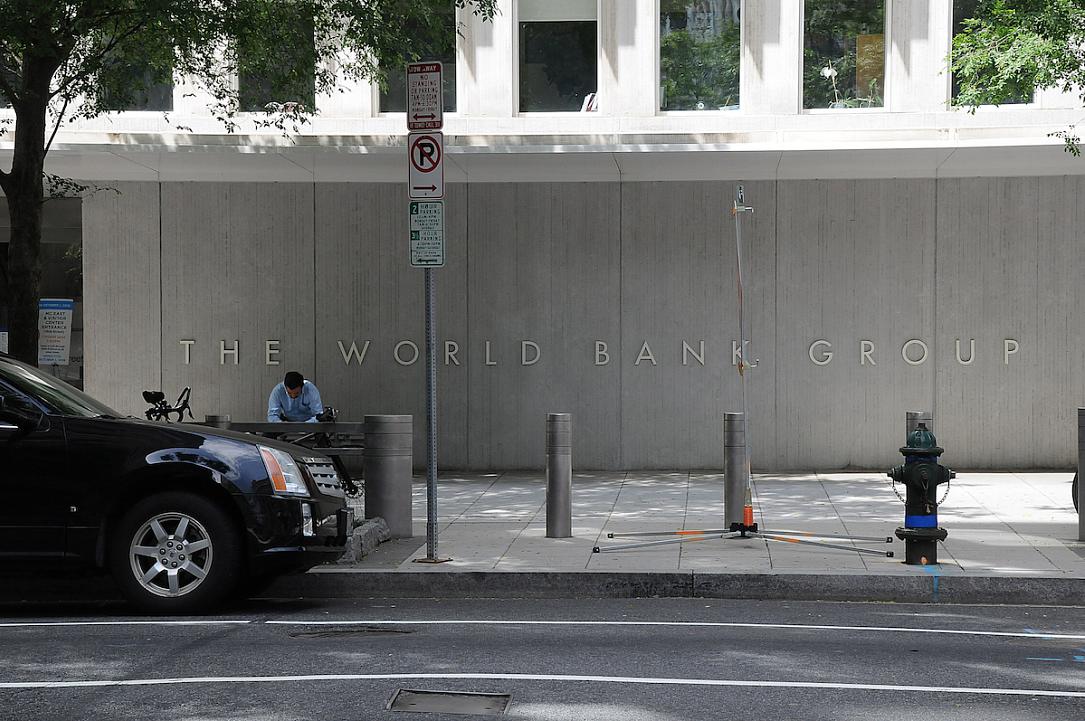World Bank sees Romania’s growth as moderating alongside the euro area



Following a strong rebound in 2021, the global economy is entering a pronounced slowdown amid fresh threats from COVID-19 variants and a rise in inflation, debt, and income inequality that could endanger the recovery in emerging and developing economies, according to the World Bank’s latest Global Economic Prospects report.
Romania’s economy has advanced by 6.3% in 2021 and will grow by 4.3% this year and 3.8% in 2023, according to the latest edition of the World Bank’s Global Economic Prospects. Last year’s advance was revised upward from 6% projected in June, with the forecast for 2022 and 2023 revised downward accordingly.
Overall, WB’s scenario is only marginally less optimistic than Government’s assumptions.
In Central Europe - a region including Bulgaria, Hungary, Poland and Croatia besides Romania - growth is forecast to moderate alongside the euro area, from 5.7% in 2021 to 4.7% in 2022 and 3.7% in 2023.
Although activity is likely to be disrupted in the near term from the spread of the Omicron variant, the subregional economy will benefit from firming domestic demand over the forecast horizon.
In particular, investment and government revenues are expected to be bolstered by funding from the European Union (EU) Recovery and Resilience Facility - the largest component of the Next Generation EU funds. If fully implemented as planned by end-2026, these reforms and investments could help lift productivity by narrowing the digital divide and accelerating technological adoption. Measures that improve administrative capacity and governance could help boost the absorption of these funds in Central Europe.
andrei@romania-insider.com
(Photo source: Deanpictures/Dreamstime.com)